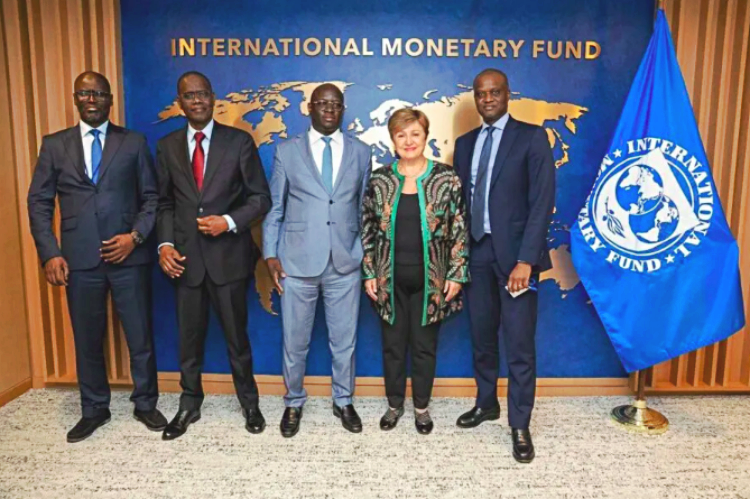Dakar seeks a clean IMF reset
Talks in Dakar aim to lock a credible IMF track and rebuild buffers as subsidy reform meets tight funding conditions. Watch the primary balance and prior actions. (DXY, CL=F)

Thursday’s working session in Dakar between the government and the IMF signals an attempt to reset programme relations after a turbulent year and to restore a credible macro-anchor ahead of the 2026 budget. Officials framed the talks as preparation for an imminent staff mission and a “new programme framework” centred on debt-sustainability and structural reforms. That sequencing matters. Since early 2024, fiscal consolidation has leaned on subsidy rationalisation and tighter cash management; oil and gas output scheduled to ramp up through 2026 strengthens the medium-term current-account story, but the near-term budget relies on tax-administration gains and expenditure discipline to rebuild buffers. The authorities argue that growth momentum—supported by private investment and the Plan for an Emerging Senegal—can coexist with consolidation. The IMF will test that proposition against granular debt-sustainability metrics, credible revenue measures, and guardrails around the public-enterprise sector.
The funding channel that matters most is domestic rollover risk. Bank holdings of government paper remain high; any duration extension will depend on stabilising inflation expectations and a transparent issuance calendar. Externally, concessional flows hinge on a clean audit trail after past data-quality controversies; that is likely to force stronger statistical governance and clearer fuel-pricing formulas to reduce contingent liabilities. Markets will watch three indicators: the primary balance path for 2026–27; the speed of subsidy reform with targeted compensation; and the treatment of arrears. If a programme lands with realistic quantitative targets and front-loaded governance benchmarks, spreads could compress and FX liquidity improve as confidence returns. Without a deal, the risk is a tighter policy mix doing the heavy lifting into a softening global cycle, with weaker job creation and strained social spending. Over the next 90 days, attention should centre on staff-level agreement language and prior actions—not communiqués—because only those bind the funding sequence and anchor expectations.





